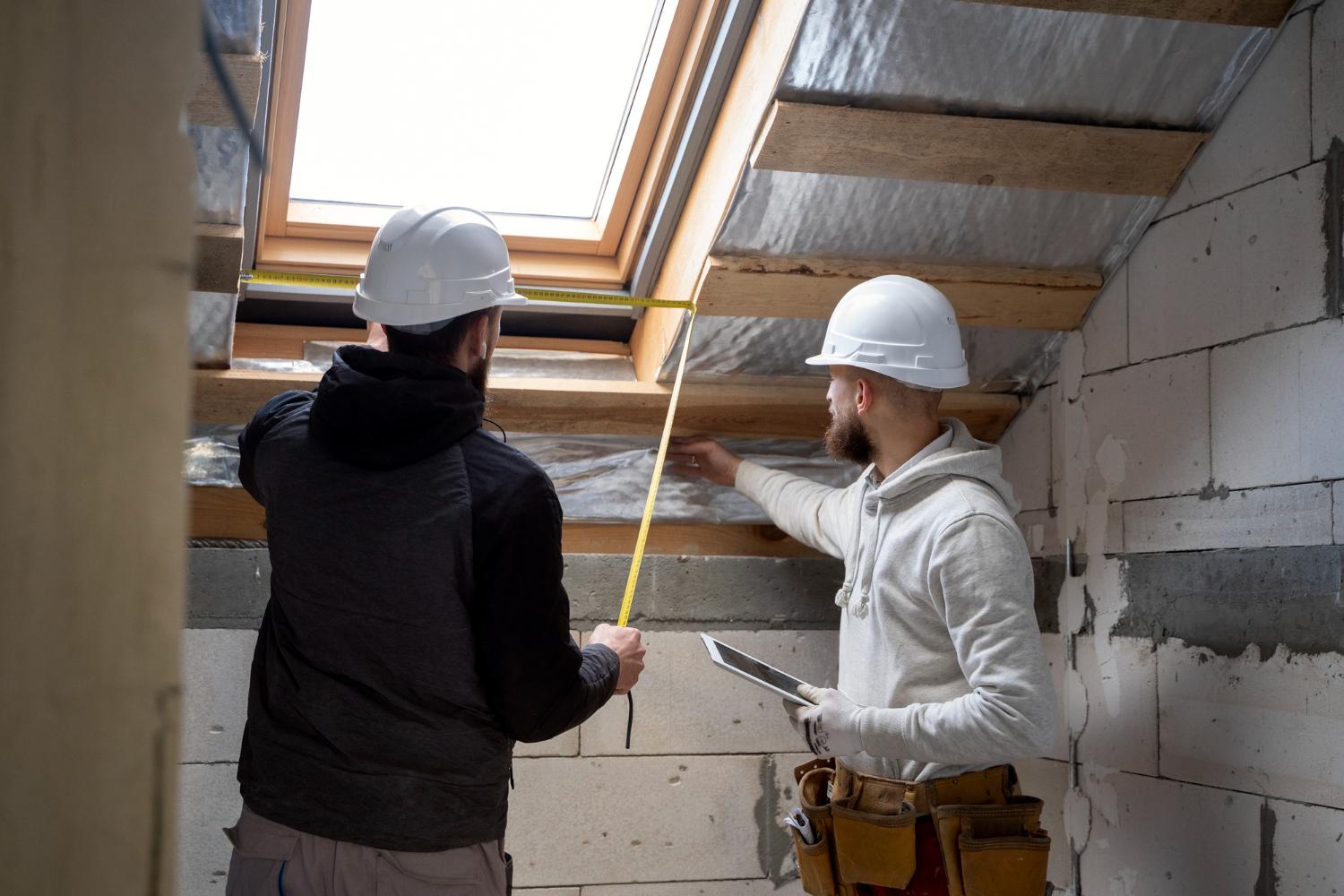Rent Abatement: What NYC Tenants Should Know About Legal Relief

In the ever-demanding New York City rental market, tenants often face frustrating living conditions from no heat in the winter to ongoing leaks or pest infestations. When a landlord fails to provide a habitable living space, tenants are not powerless. They may be entitled to rent abatement, a legal remedy that allows for rent reduction or even full rent forgiveness under certain conditions.
Understanding what rent abatement is and when it applies can empower renters to protect their rights and hold landlords accountable. Here’s what every tenant in NYC should know.
What Is Rent Abatement?
Rent abatement is the legal reduction or suspension of rent due to uninhabitable or substandard living conditions caused by a landlord’s failure to maintain the property. It can apply when part or all of a rental unit becomes unusable through no fault of the tenant.
Examples include:
-
No heat or hot water
-
Persistent mold, leaks, or flooding
-
Unsafe electrical wiring or structural damage
-
Infestations (rats, roaches, bedbugs)
-
Lack of gas, working appliances, or essential services
In such situations, a tenant may not be legally required to pay full rent, and in some cases, may be entitled to a refund for past payments made while the condition persisted.
Legal Basis for Rent Abatement in NYC
New York housing laws require landlords to keep rental units in livable condition. This is known as the “warranty of habitability,” a legal standard that applies to nearly all residential leases in the state, regardless of what the lease says.
Under this doctrine, tenants have the right to a safe, clean, and functional apartment. When this warranty is breached, courts may grant rent abatement based on the degree and duration of the problem.
Importantly, a tenant does not need to vacate the apartment to qualify for abatement. The reduction is based on how much the living conditions were affected.
When Can a Tenant Request Rent Abatement?
Tenants may be eligible for rent abatement if:
-
Conditions are hazardous or interfere significantly with daily life
-
The landlord was notified and failed to fix the issue in a reasonable timeframe
-
The tenant did not cause the problem through negligence or intentional damage
Some situations might only warrant a partial abatement (e.g., a single room is unusable), while others may justify a full suspension of rent.
It’s crucial to gather evidence such as photos, repair requests, or inspection reports—and maintain records of all communications with the landlord.
Steps to Take if You’re Seeking Rent Abatement
1. Document the Issue
Take dated photos and videos of the damage or unlivable conditions. Keep a written log of when issues started and what steps you’ve taken to report them.
2. Notify the Landlord
Always inform your landlord in writing. Give them reasonable time to make repairs. This step shows good faith and gives the landlord an opportunity to fix the issue.
3. Call 311 or Request an HPD Inspection
If your landlord ignores your complaint, you can call 311 or request an inspection from NYC’s Department of Housing Preservation and Development (HPD). If violations are found, this can support your abatement claim.
4. Speak to a Tenant Attorney
A skilled attorney can help you determine whether rent abatement is warranted and guide you through the legal process. If your landlord refuses to negotiate, legal action may be necessary.
What Happens in Housing Court?
If the matter reaches housing court, a judge will assess:
-
The severity and length of the condition
-
Whether the landlord received notice and failed to act
-
How much the issue affected your use of the apartment
The court may then reduce your rent retroactively or moving forward. In some cases, tenants also recover attorney’s fees or related costs.
Rent Abatement vs. Rent Withholding
It’s important not to confuse rent abatement with rent withholding, where a tenant stops paying rent entirely until repairs are made. Withholding can be risky and should only be done after consulting a legal professional. In contrast, rent abatement is a court-approved reduction or refund, offering more legal protection.
Why Legal Help Matters
Rent abatement claims are not always straightforward. The burden often falls on the tenant to prove unlivable conditions and proper notice to the landlord. This is where legal guidance becomes critical. A tenant attorney can:
-
Build a strong case using evidence and housing laws
-
Negotiate with landlords
-
Represent you in court
-
Help file for damages or additional relief
No tenant should be expected to pay full rent for a home that’s falling apart or unsafe. Rent abatement is not a loophole it’s a legal right meant to ensure that tenants aren’t financially punished for a landlord’s neglect. Click Here







